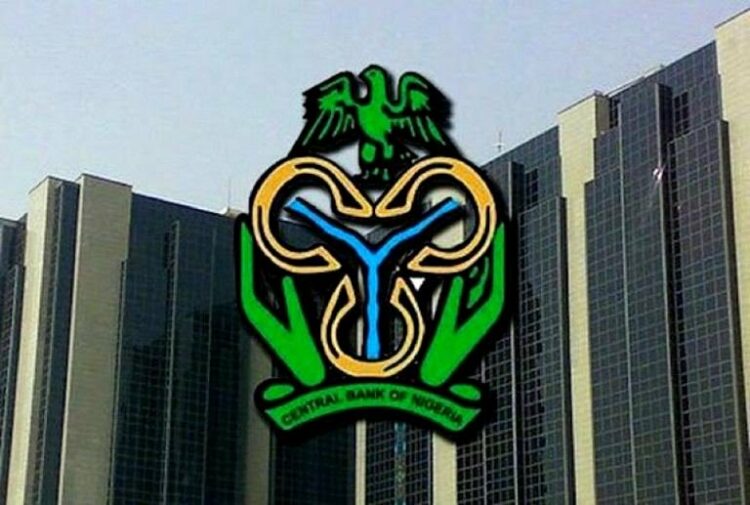Nigeria’s money supply rose to N64.9 trillion in the month of July 2023, an increase from N64.3 trillion in June.
This is according to data from the Central Bank of Nigeria (CBN) in its money and credit statistics.
The figure for May was N55.5 trillion, indicating an increase of N9.4 trillion over a two-month period.
The money supply, identified as M2, captures the total amount of money available in the economy at a particular moment. This includes physical currency such as coins and banknotes, in addition to various types of deposits maintained by individuals, enterprises, and institutions in banks and other financial entities.
Other components of the money supply, namely demand deposits, quasi-money, and currency outside banks, also witnessed growth.
Specifically, quasi-money, which pertains to financial tools that can be easily converted to cash, surged by N905.8 billion for the month, while demand deposits, primarily made up of chequing accounts or funds in banks accessible without prior notice, fell by N283.7 billion.
On the flip side, currency outside banks observed a relatively modest increment of N54 billion.
Apart from M2 components, another money supply measure known as M3, which incorporates the aggregate of net domestic assets and net foreign assets, also exhibited growth. Both components recorded growth from June to July.
Net foreign assets saw a substantial rise, moving from the N4.9 trillion recorded in May 2023 to N9.2 trillion. It was, however, N11 trillion in June 2023.
Credit to the government expanded from N31.2 trillion to N32.3 trillion, and net domestic credit grew from N84 trillion to N86.4 trillion.
The M3 for July 2023 was N65.4 trillion, a slight increase compared to the M2 at N64.9 trillion.









